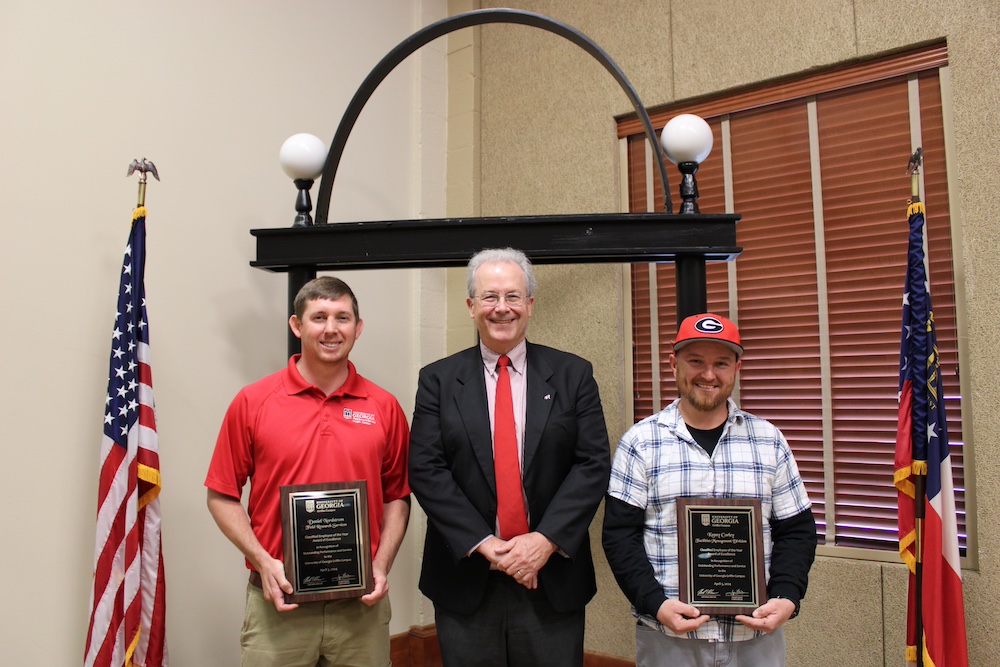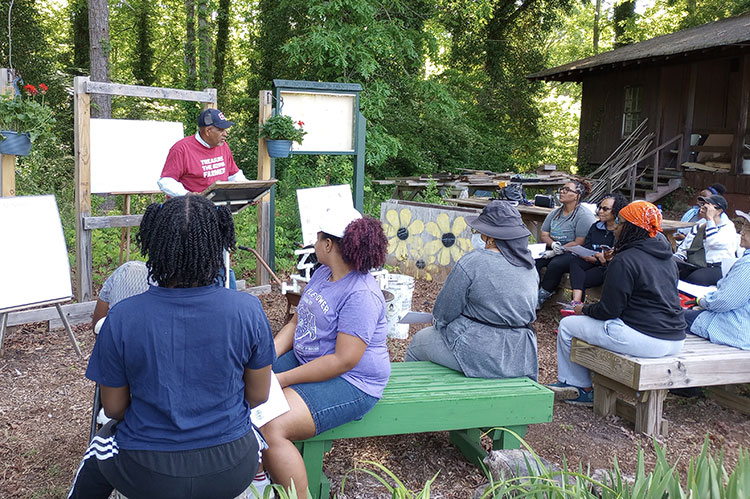It's about time someone spoke up about cruelty to plants. We decry cruelty to animals (and I do like animals), but plants can't move. They have to just stand there and take it without yelping, whining or fighting back -- except for some of our thorny friends.
Yes, we do have cruel plants. Pitcher plants (Sarraceniaceae) actually live off insects. However, with most plants, the insects -- along with diseases and other pests -- live off them.
The one pest that's probably the most detrimental to plants is people. No, they don't mean to be cruel. But just by their thoughtless actions, they're killing plants.
Fight for the Nonfuzzies
It is about time for the "Society for the Prevention of Cruelty to Plants" to stand up and fight for the nonfuzzies. It's time to be heard -- although, admittedly, this probably won't get on the 6 o'clock news.
I recently went to a ball game on a university campus. As usual, the festivities included a lot of tailgating and barbecuing.
But I noticed later that afternoon that someone had dumped hot coals out of a grill between two small bushes. The careless act killed both plants by burning the leaves and stems, along with the roots.
Park in the Shade?
I saw three other dumps around trees, along with assorted chicken and steak bones. One dogwood was a victim. Dogwoods are known for their shallow root systems. I could see the burns on the tops of the roots.
Another problem is that people seem to drive their cars anywhere, even onto the root systems of trees. (How many times have you tried to park in the shade?)
Most trees' root systems extend out twice the width of the drip line. Every time someone drives on the roots, it breaks the small feeder roots that feed and water the plant.
Deadly to Roots
When these roots are disturbed, they have to regrow. In a critical period when the tree is in trouble anyway for lack of moisture, the difficulty of food and water getting through those damaged areas could kill the tree.
And what about just general abuse -- parents who let kids run amok through the plantings at a public garden (it is for the public, isn't it?) or pick a few posies (there are so many they'll never be missed), or who themselves walk across the beds for a closer look at a particularly pretty (but now short-lived) specimen?
Other Abusers
What about the hikers who leave the paths for a shortcut down the hill or the campers who pour the grease out of the skillet over a patch of "weeds"?
Plants make public places a lot more pleasant. Every cultivated and natural area is, in its own right, a plant preserve.
Treating plants with more respect will go a long way in improving our environment. Be a member in good standing of the "SPCP"!






